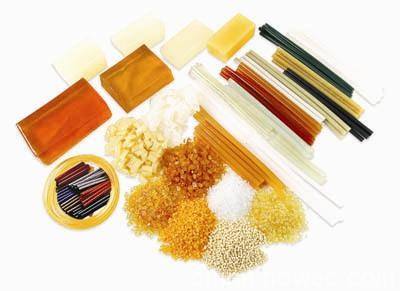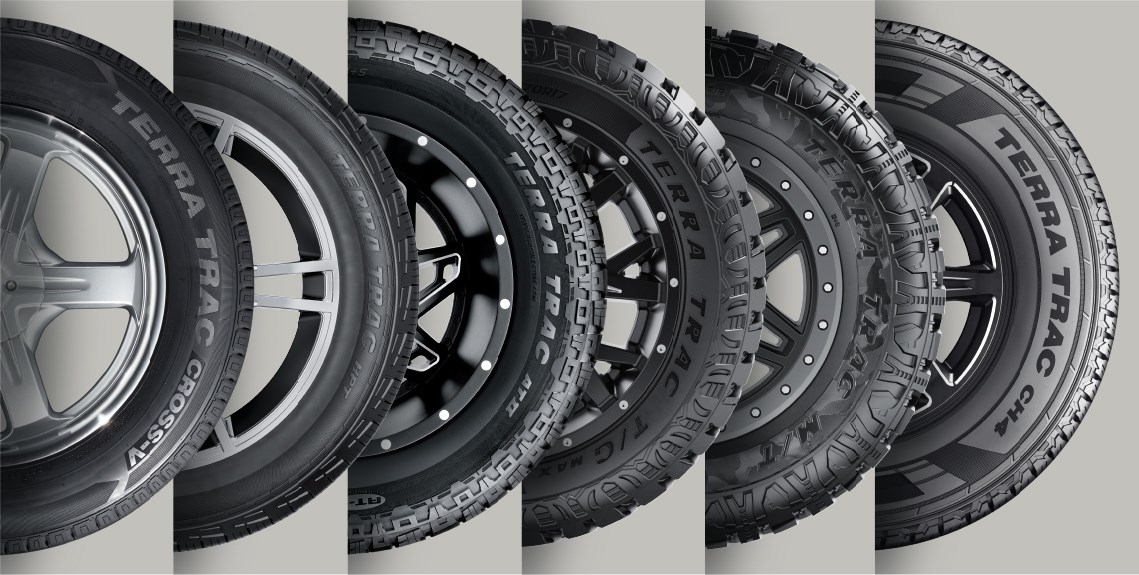Introduction
In the dynamic world of industrial solutions, the C9 Resin emerges as a versatile and indispensable player. Derived from petroleum's C9 fraction through cutting-edge catalytic polymerization techniques, this low molecular weight thermoplastic aromatic resin offers a myriad of benefits across various applications. Let's delve into the unique properties and diverse applications that make C9 Hydrocarbon Resin a game-changer in the industrial landscape.
Properties that Set C9 Hydrocarbon Resin Apart
Transparency and Color Stability
Aromatic Resin C9 presents itself as a transparent granular solid with a light yellow hue. Its stable color profile makes it a preferred choice in applications where color consistency is paramount.
Chemical Stability
With excellent chemical stability over both acid and alkali environments, C9 Hydrocarbon Resin ensures durability and longevity in challenging industrial settings.
Adhesive Strength and Water Resistance
Industries requiring strong adhesion and water resistance find C9 Hydrocarbon Resin to be a reliable ally. Whether in paints, adhesives, or rubber applications, its adhesive prowess remains unmatched.
Thermal Properties
Boasting low heat conduction, C9 Hydrocarbon Resin is a heat-resistant solution, making it ideal for applications where temperature fluctuations are a concern.
Applications of C9 Hydrocarbon Resin
Paint Industries
Enhances gloss, adhesion, and hardness of paints.
Provides resistance against acids, alkaline, and water.

Adhesive Industry
Improves adhesiveness, especially in hot-melt adhesives and coatings.
Offers a reliable bonding solution.

Rubber and Tyre Manufacturing
Compatible with natural rubber, maintaining mutual solubility.
Does not interfere with rubber sulfurization processes.

Printing Ink
High softening point variants contribute to color spreading, fast drying, and improved printing properties.
